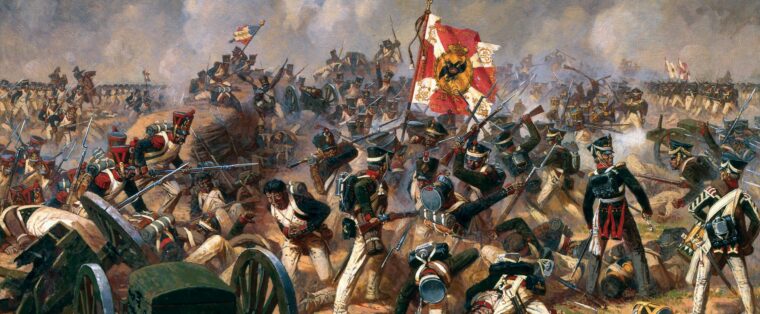
Napoleonic Wars
Soldiers: General Peter Bagration
By Victor KamenirRussian General Peter Ivanovich Bagration was one of those rare commanders who received near-universal praise from his contemporaries outside of Russia. Read more
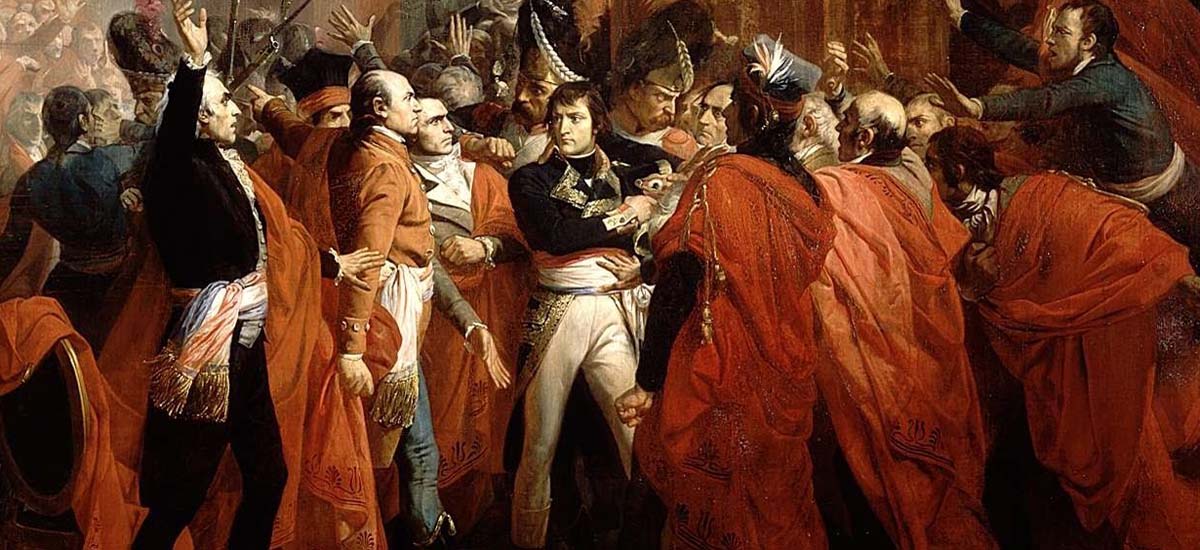
The Napoleonic Wars were a series of wars fought between the French Empire and its allies, under Emperor Napoleon I, and a series of alliances, or coalitions, among other nations of Europe, primarily Great Britain and Prussia. The Napoleonic Wars were spawned by continuing issues in the aftermath of the French Revolution and Napoleon’s desire to dominate continental Europe. The Napoleonic Wars ended with the French defeat at the Battle of Waterloo in 1815. Napoleon was exiled to the island of St. Helena, where he died in 1821.

Napoleonic Wars
Russian General Peter Ivanovich Bagration was one of those rare commanders who received near-universal praise from his contemporaries outside of Russia. Read more
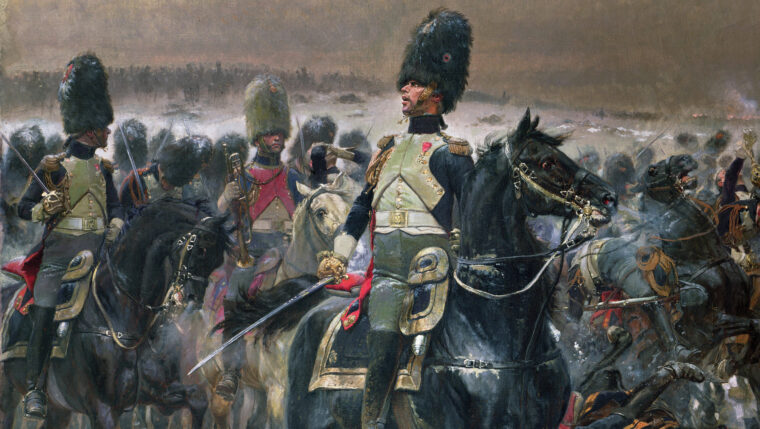
Napoleonic Wars
After decisively crushing Austrian and Russian armies in the 1805 campaign, French Emperor Napoleon became the undisputed master of Central Europe. Read more
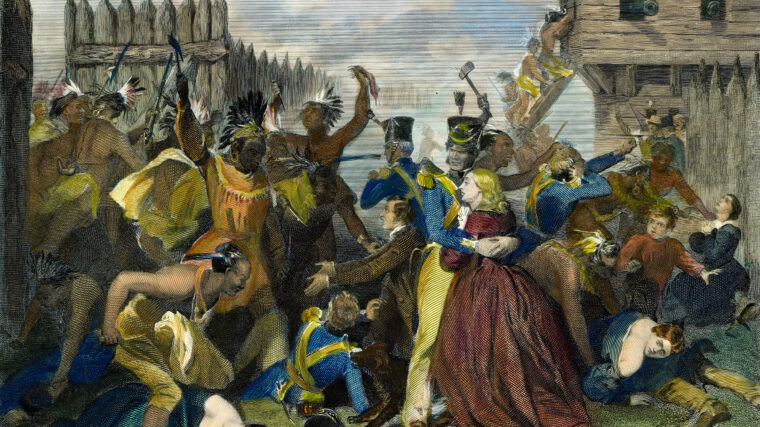
Napoleonic Wars
In the late summer of 1813, some 550 men, women, and children took refuge within a small wilderness outpost and waited for the worst. Read more
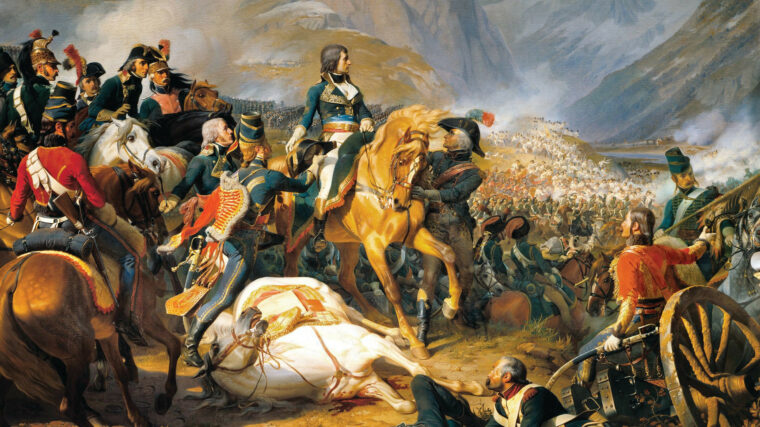
Napoleonic Wars
Twenty-six year-old Napoleon Bonaparte took command of France’s 23,000-strong Army of Italy in Nice, France, in late March 1796. Read more
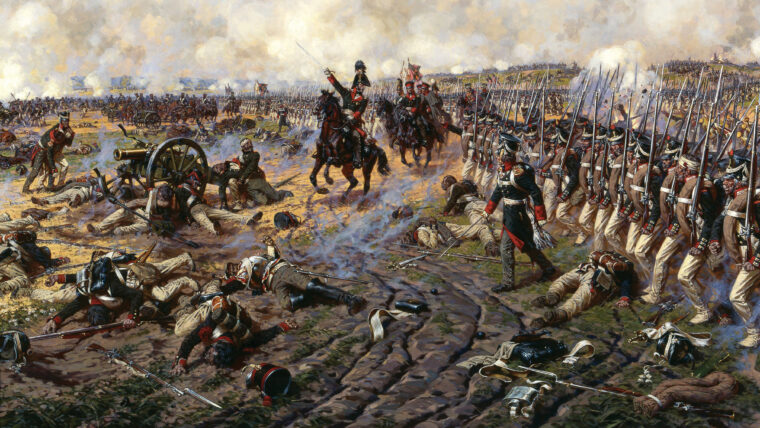
Napoleonic Wars
By mid-afternoon on September 7, 1812, Russian troops had lost control of the earthworks on their left flank at Borodino. Read more
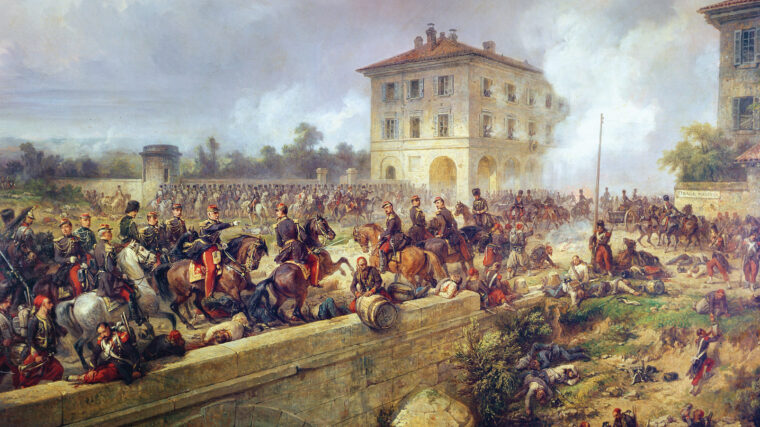
Napoleonic Wars
On April 20, 1859, Emperor Franz Josef paid a respectful visit to Prince Klemens Wensel von Metternich’s place at Rennweg in Vienna. Read more
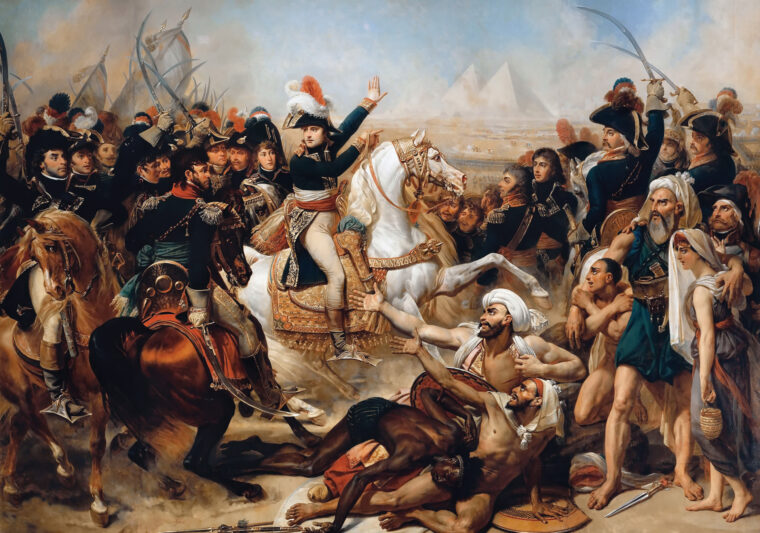
Napoleonic Wars
In May 1798 English spies in Toulon, on the French Mediterranean coast, stood aghast at the gathering of an invasion fleet three times the size of the Spanish Armada: 13 ships of the line, 40 frigates and smaller warships, and 130 cargo vessels bearing more than 17,000 troops, 700 horses, and 1,000 cannons. Read more
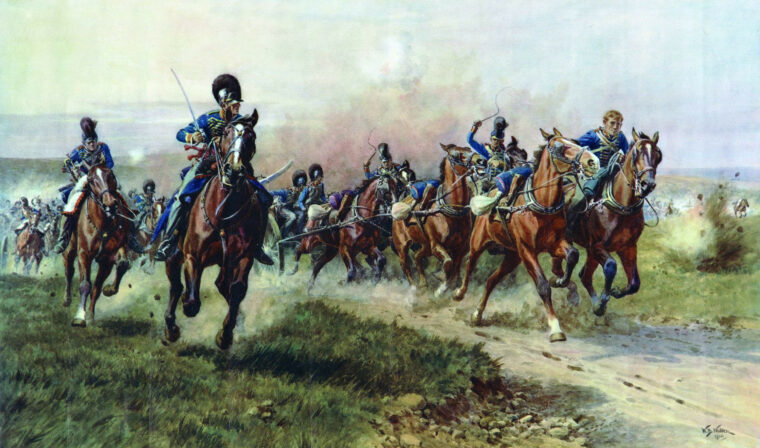
Napoleonic Wars
It had been a brutal winter for the French Army of Portugal. War and hunger had haunted the occupiers, causing their number to dwindle by the thousands. Read more
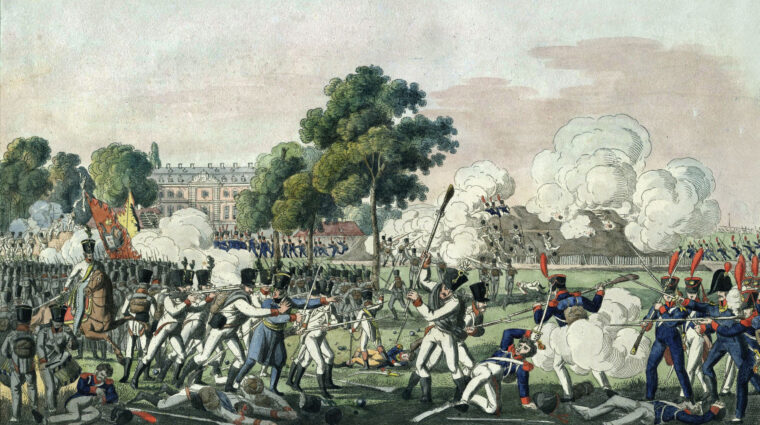
Napoleonic Wars
Marshal Gouvion Saint-Cyr was in a tight spot, and he knew it. It was the morning of August 26, 1813, and Saint-Cyr and his French XIV Corps were defending Dresden, the capital of Saxony, from a large and menacing Allied army that outnumbered his own by at least four to one. Read more
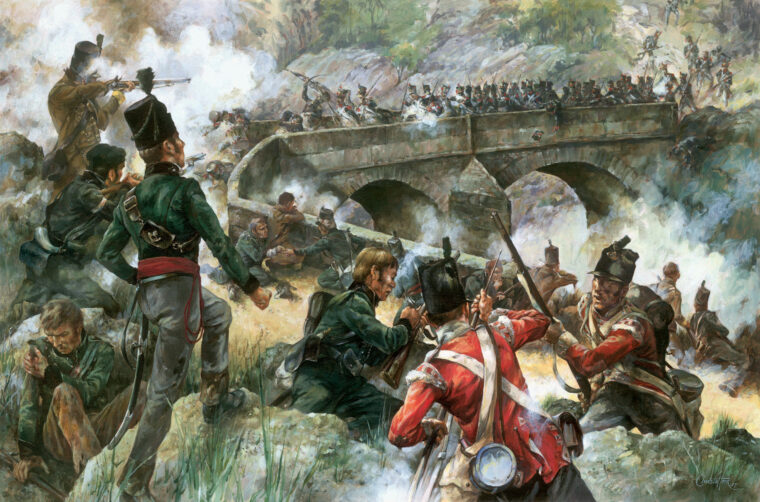
Napoleonic Wars
Tired, battered, and bruised, the Spaniards had put up a brave fight, but the enemy had proven too powerful. Read more
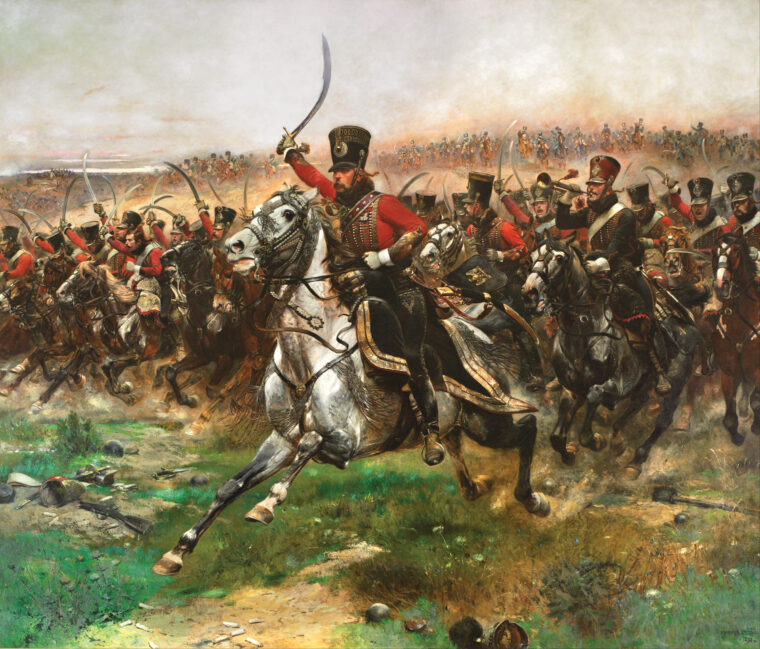
Napoleonic Wars
Friedland was burning. The darkening sky of late afternoon on June 14, 1807, was deepened further by the ashes swirling in the narrow streets. Read more
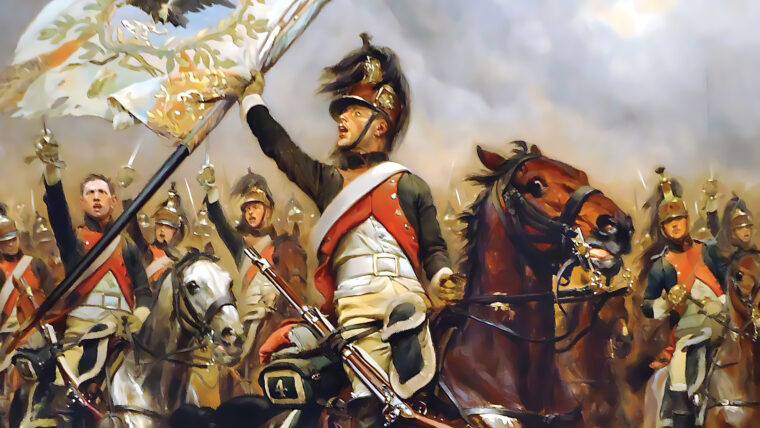
Napoleonic Wars
At 4 am on October 14, 1806, 37-year-old Jean Lannes, Marshal of France in Napoleon Bonaparte’s Grande Armee and commander of that host’s V Corps, received his final instructions verbally from the emperor. Read more
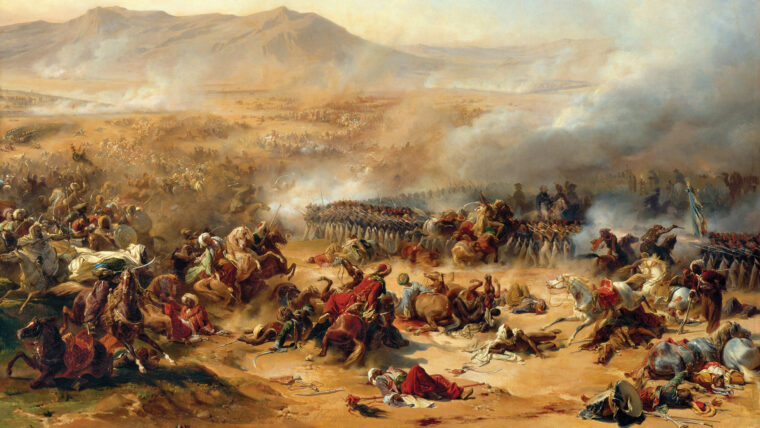
Napoleonic Wars
On March 18, 1799, a strange thing happened in the Near East backwater that today is Israel. In the years that followed the birth of Jesus, the rise of Christianity, and the fall of Byzantium, things in the region had quieted down considerably since the Mohammedan conquests (apart from the Crusades). Read more
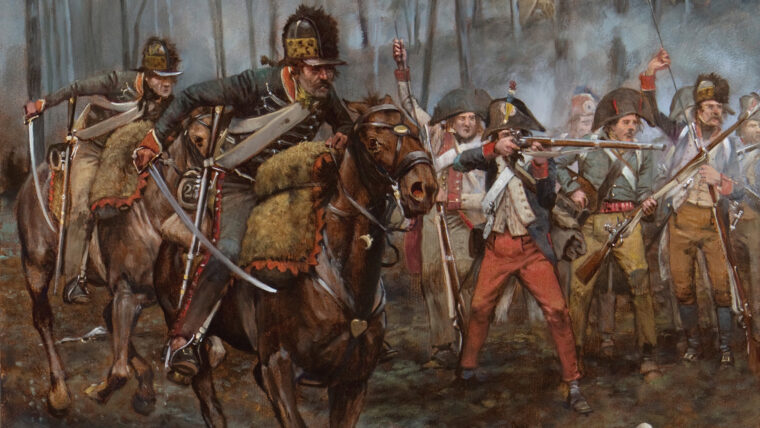
Napoleonic Wars
Barthélemy Schérer, commander of the French Army, gazed at the new military orders from Paris in disbelief. The grandoise strategy, detailing an advance on three fronts with the armies uniting in Tyrol for a concentrated thrust at Vienna, were far beyond the capabilities of the starving southern army he commanded along the French Riveria against the combined forces of Austria and Sardinia. Read more
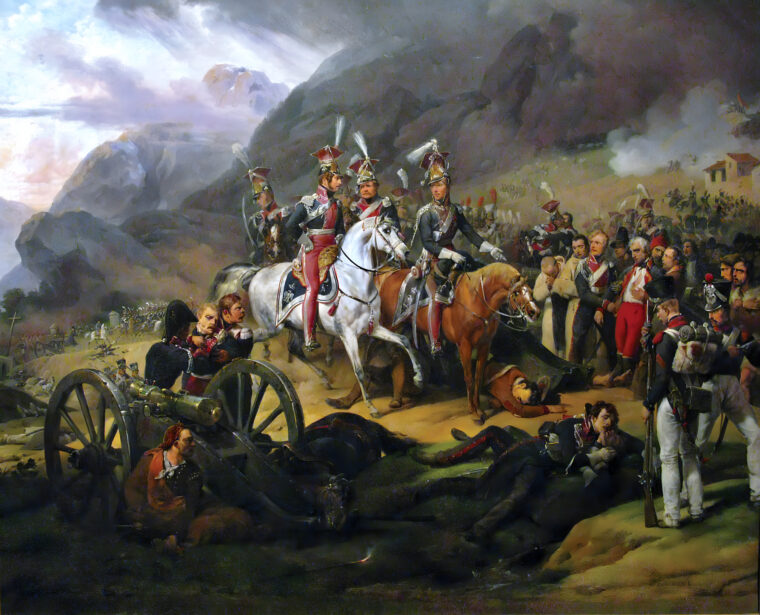
Napoleonic Wars
On the foggy morning of November 30, 1808, Napoleon Bonaparte, Emperor of France, watched impatiently as his Grande Armée lumbered up the rocky slopes of the Sierra de Guadarrama Mountains of central Spain. Read more
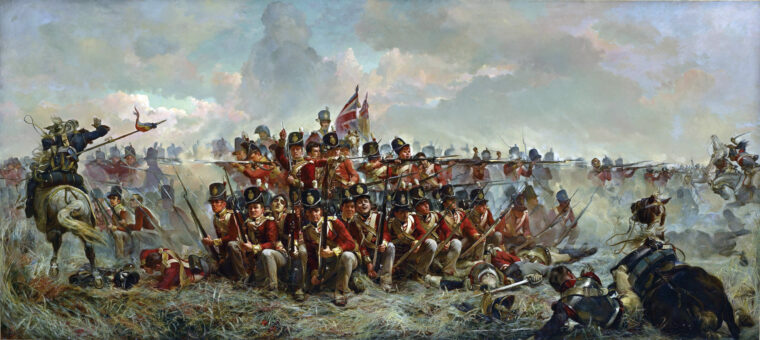
Napoleonic Wars
With two hours of daylight left, French Emperor Napoleon I saw his chance to make the Battle of Waterloo his greatest victory. Read more
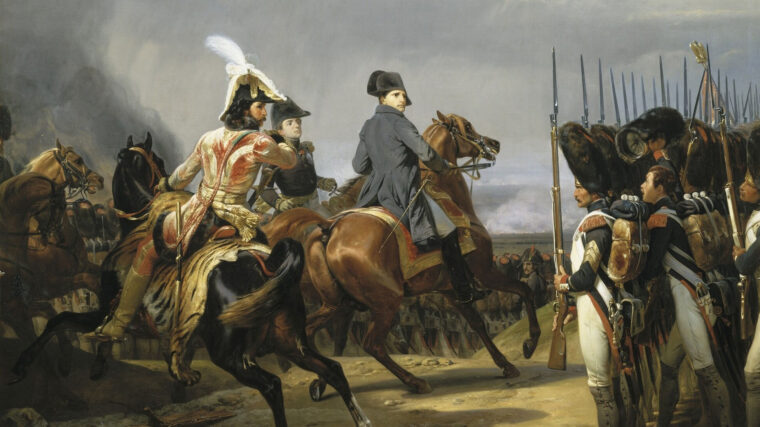
Napoleonic Wars
When Napoleon Bonaparte became First Consul of France in December 1799, he consolidated the two seperate guard bodies, one for the directory and one for the legislature, into the Guarde des Consuls. Read more
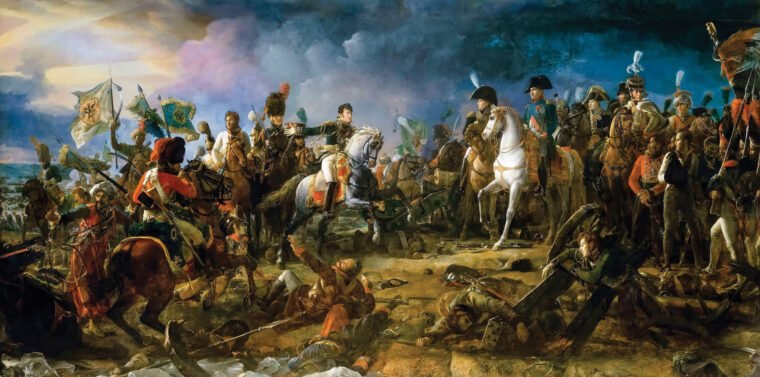
Napoleonic Wars
The Battle of Trafalgar, fought off the southwest coast of Spain on October 21, 1805, was a disaster for French Emperor Napoleon I. Read more
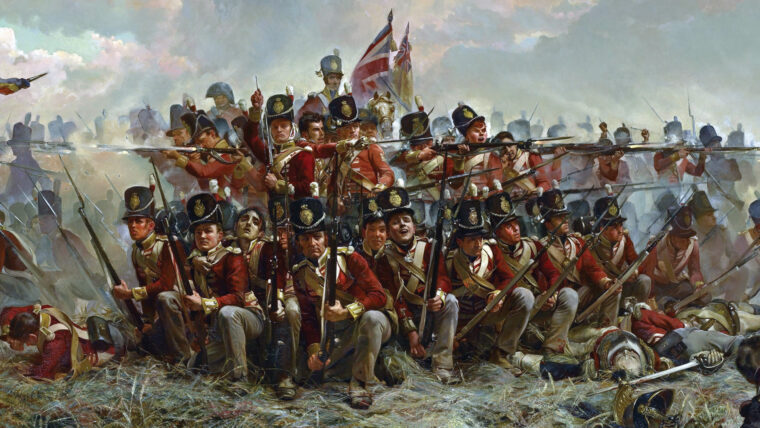
Napoleonic Wars
In the face of disaster, few military commanders in history maintained the British stiff upper lip as well as Arthur Wellesley, 1st Duke of Wellington. Read more
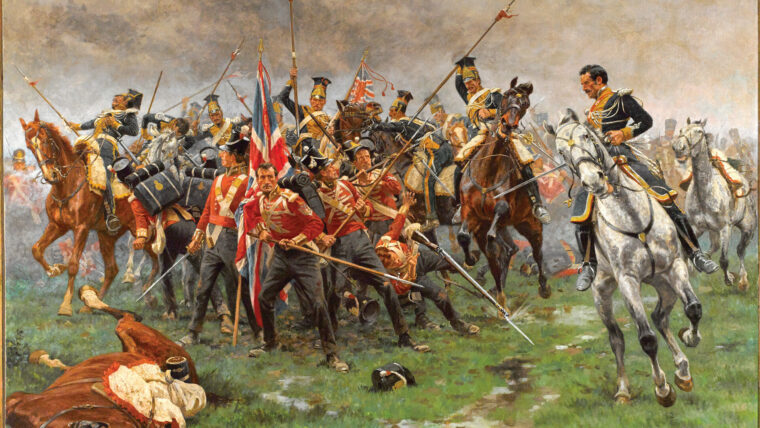
Napoleonic Wars
Amid gun smoke and squalls of rain, the men of 1st Battalion, 3rd Foot, known as the Buffs, were firing their weapons and listening for further orders. Read more